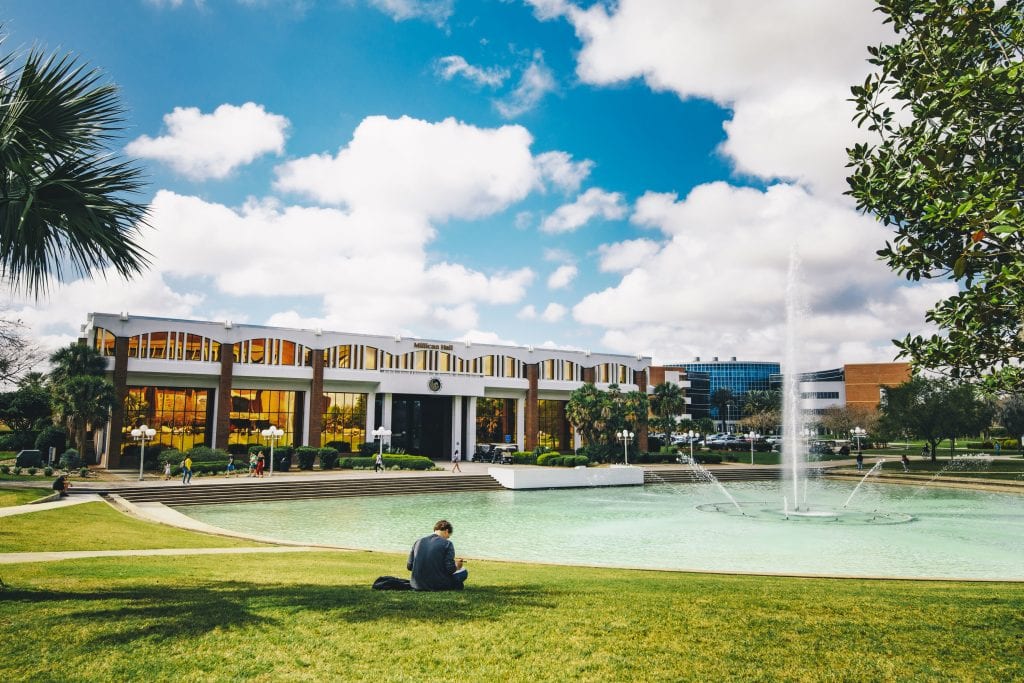Identifying Implicit Bias Today Sets Stage for Future Inclusion Success

In recognition of Black History Month, the College of Sciences asked the Department of Sociology to write a short editorial on its current work to address racism in the workplace.
By Drs. Elizabeth Mustaine, Scott Carter, Shannon Carter, Amy Reckdenwald and Yingru Li
Committing to anti-racism requires that we not only examine individual-level interactions that reproduce inequalities, but that we make actual changes to ensure our procedures are equitable and inclusive.
In the Department of Sociology, we have pledged to become a better and more welcoming place for students and scholars from minoritized groups. To do this, we have formed committees to address biases at both the interpersonal level that shape interactions within classrooms and the department, and at the institutional level that are built into the department’s policies and procedures. At the interpersonal level, our faculty and staff are engaging in training and group discussions to develop skills to recognize and address microaggressions and implicit bias. At the structural level, we have formed a Structural Inclusivity committee, which is working to redress biases that are built into our policies, procedures, and evaluation standards.
Research shows that minority faculty engage in a disproportionate amount of invisible labor that, historically, is not recognized. Faculty who are racial minorities in predominantly white departments often mentor a disproportionate share of minority students, which entails not only directing research projects and advisement in teaching, but also helping students navigate the white space of the academy and providing emotional support for managing microaggressions or societal racial injustices.
In addition, traditional evaluation metrics often prioritize the academic topics and projects pursued by members of privileged groups. In sociology and other social sciences, minority scholars are likely to pursue research that is valuable to public audiences and can inform community change in addition to publishing in traditional academic outlets. Yet our evaluation criteria often privilege the latter, which devalues the public impact of minority scholars’ work.
By identifying and addressing these forms of implicit bias in our evaluation standards, we are setting the stage for longer-term success of our colleagues and students of color thereby making Sociology at UCF truly diverse and representative.
